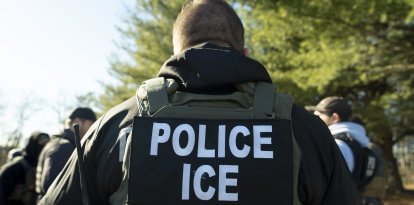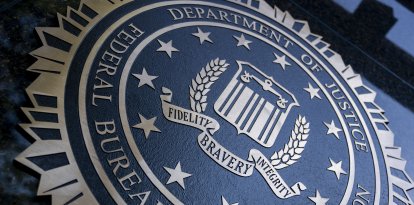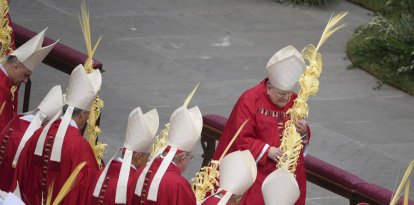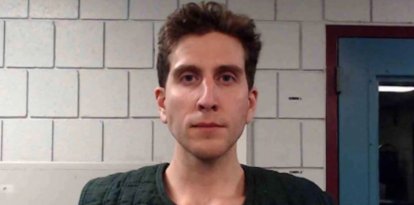The Supreme Court will hear Trump's immunity appeal in late April, further delaying prosecutor Jack Smith's election subversion trial
With this decision, the litigation will remain in limbo for several more months.
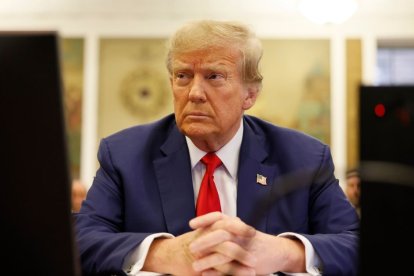
Donald Trump (Pool/Sipa USA / Cordon Press)
Special Counsel Jack Smith, who charged former President Donald Trump with four felonies stemming from his alleged attempt to subvert the 2020 presidential election, received a significant blow Wednesday at the hands of the United States Supreme Court.
In an announcement of just one page, the highest court stated that it will hear Trump's immunity appeal at the end of April, which will further delay Smith's electoral subversion trial. He said he wants to put the former president on trial this year before the presidential elections.
However, the fact that the appeal is at the end of April is a problem for Smith since it is unknown how long it will take for the Supreme Court ruling to be issued. And even if it favors the Department of Justice's position, trial judge Tanya Chutkan has already promised Trump three additional months so that his legal team can prepare the defense once the highest court's decision is known.
According to the former president's defense, Trump has presidential immunity from the charges brought by Smith because the actions he is accused of were carried out while he was still in the White House, which shields him, in his opinion, from criminal charges.
However, lower courts took a stand against Trump's immunity appeal, agreeing with Smith. Therefore, the Supreme Court's ruling and the time it takes to finalize a decision will be decisive.
If the Supreme Court rules on the matter quickly after arguments and rejects Trump's immunity claim, a trial may be held later this summer or fall.
However, times are extremely short, and a trial of this type could last months. So, it is not even remotely certain that a ruling will be obtained before the elections.
There is also the other possibility that the Supreme Court justices rule that Trump has immunity. In that case, the charges will be dismissed.
It is also the second case the judges have agreed to take on an emergency basis at Trump's request.
The first case, earlier this month, involved Trump's effort to overturn a controversial Colorado Supreme Court decision that disqualified him from the election, thereby labeling him an insurrectionist for his role in the January 6 events.
Although the judges appeared to oppose the Colorado court's decision, raising challenging questions against state prosecutors, there has still been no official ruling on the issue.
RECOMMENDATION
